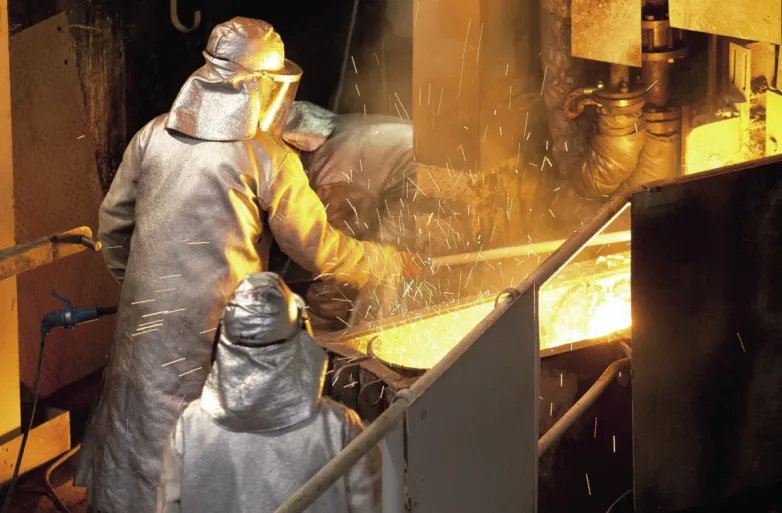Over a million tons of Li-ion batteries are expected to reach end of life by 2030
- The recycling industry volume is expected to increase ten times by 2030, driven by vast battery usage in electric vehicles and portable electronic devices. Reusing of valuable materials is becoming a vital necessity. Scores of companies around the world are ready to give second life to the used lithium batteries.

"In about a dozen of years, over a million tons of lithium-ion batteries are expected to finish their service life.
Circular Energy Storage experts made a research taking into account batteries application in various industries with regard to their estimated lifetime and reusability. Based on the above facts, they estimate the volume of materials that can be recycled as follows.
According to the research team forecast, 125,000 tons of Li, over 30,000 tons of Co and about 85,000 tons of Ni are expected to be recovered in 2030. Moreover, up to a million tons of waste are likely to be reprocessed as well.
Due to vast application of li-ion batteries, the LIB market is going to grow ten times by 2030, which makes battery recovery and second use a prerequisite.
China is the top Li-ion storage producer worldwide. 60% of global LIB manufacturers are located there. China is expected to produce 57% of all storage production scrap by 2030 and become its own most valuable customer.
Battery reusability
The volume of second life application of accumulators that cannot be used anymore for initial purpose, however could be reutilized in grid-tie storage or for electro mobile charging, is predicted to reach 1TWh by 2030.
United States of America is a fast developing power storage and recycling market. However, it is only forecasted to produce 2 GWh of power in 2022 and 8 GWh in 2025, while China is likely to manufacture over 40 GWh of repurposed LIB. 2nd life allows postponing battery recycling. Moreover, such reusable products are likely to capture a significant niche in the battery market.
Li-ion batteries for huge electric vehicles like buses and lorries are predicted to soon dominate the battery recycling market, since the storage cells used in them cannot be reused. On the contrary, LIBs used in electric autos are suitable for repeated application before recycling.
Fast development of LIB market provoked public anxiety regarding environmental and social influence of lithium production, especially considering technological challenges of Li recycling. Luckily, the latest research proves that lithium can be recovered efficiently enough for second application in batteries. "
Also read

